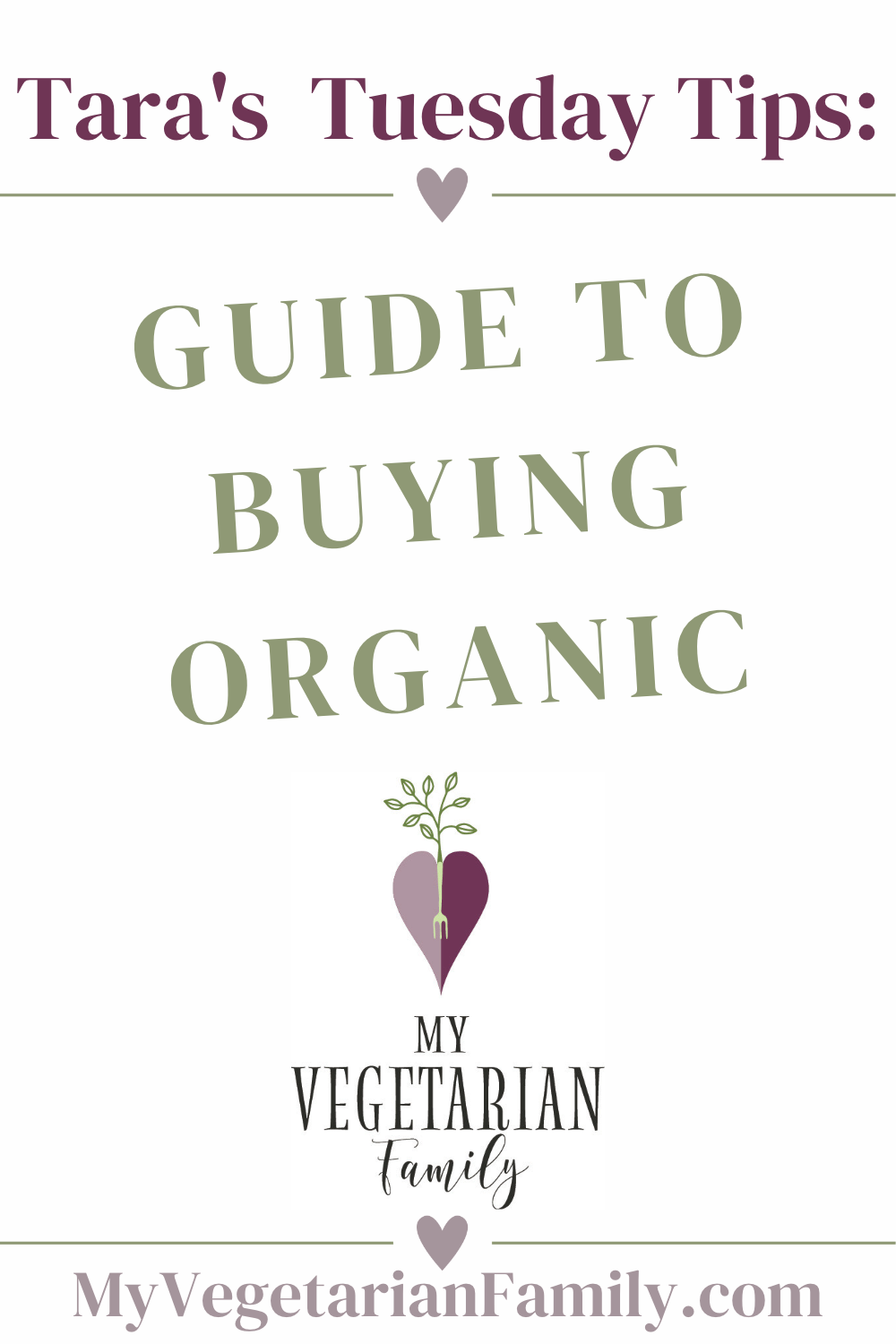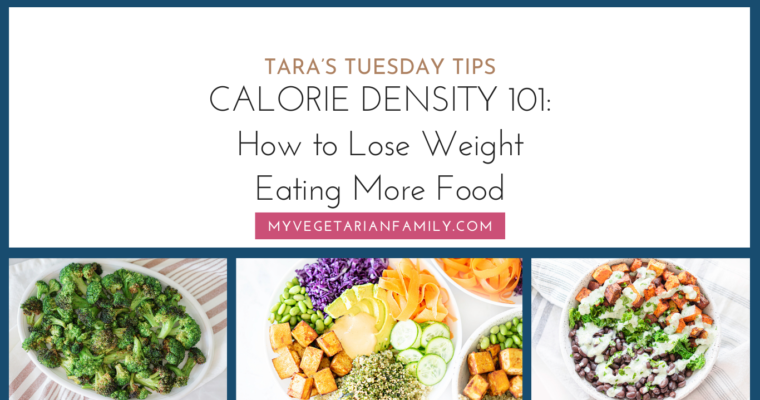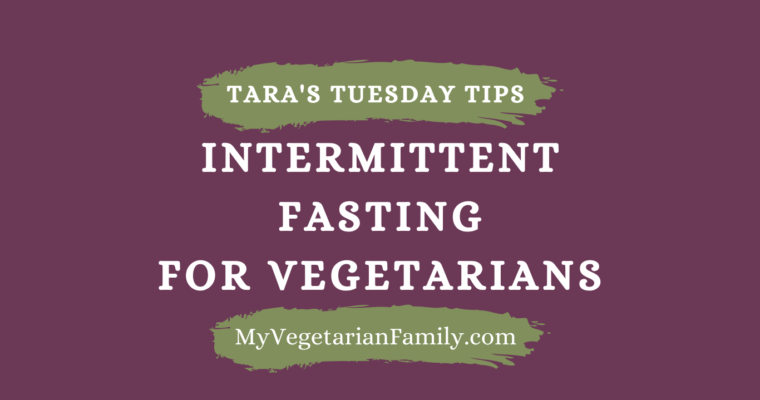Does everything need to be organic? What does organic mean? This week, my guide to buying organic helps you decide what you should buy organic and where you can save your money.
Tara’s Tuesday Tips:
Guide to Buying Organic
What does the word organic mean?
According to the USDA, organic produce is grown without the use of synthetic pesticides, synthetic fertilizers, or genetically modified organisms.
Get to know organic labels
- “100% organic” = made with only organic ingredients, has the USDA certified organic seal.
- “made with organic ingredients” = made with 70% organic ingredients. Does not have USDA certified organic seal. However, each organic ingredient will be individually labeled as organic on the ingredient label
Buy organic in bulk to save money
Wholesale warehouses (Costco, Sam’s, PJs) are offering more and more organic options saving your family lots of money. Get to know the prices of the things you regularly eat. I buy A LOT of organic items at Costco including produce, grains, nut butters, and rice. Read this: What’s In My Pantry, 10 Things On My Grocery List Every Week.
Go frozen
Organic frozen fruits and vegetables are grown and picked at their peak season, they last in your freezer for 6-12 months, and they are available any time you need them. Additionally, they are many times cheaper than their fresh counterparts. This is a money saver and a time saver. Don’t be afraid of frozen fruits + veggies. Read this: Guide To Frozen Vegetables (Myths + Methods!)
Soy
I authored an entire article devoted to soy. Read it here: Should I Be Eating Soy as a Vegetarian?. Here is my quick guide to buying organic soy. Edamame, tofu, tempeh, miso paste = all soy products = it is best to buy these organic. GMO, simply put, means something has been genetically modified to make it prettier, bigger, or taste better. This is great for farmers and food corporations that need to feed cattle and grow lots of crops quickly. Organic soy is not genetically modified. Check out my other soy article for more details.
Stay in season to stay in budget
Your best option is to buy fruits and vegetables grown at the time of year that they are meant to grow optimally. When you do this, you ensure that they have not traveled too far to get to you. Equally important, is that they have been sprayed with less toxins to survive, and have not been modified to taste or look better. Need organic blueberries in December? Buy them frozen! Check out these: Guide to Eating Seasonal in Autumn, Guide To Eating Seasonally In Summer, Guide To Eating Seasonally In Spring.
Skip if Vegan …
Eggs
We avoid eggs, and have found fabulous egg replacements. If you are like my sister, for instance, you have chickens in your yard, you love them like your pets, you are all set. If you do not have that luxury … I will “break” it down for you. I also authored another article all about eggs you can check out if this is a priority for you: Should I Be Eating Eggs?
Here is my guide to buying organic eggs:
- Pastured: like my sister’s, these eggs are from chickens roaming around in an open field. These are difficult to find most times of the year in some parts of the world. There are also no government regulations on these eggs.
- Organic: this is the only classification that has not only government regulations but inspections and enforcement associated with the labeling. These are eggs that are certified USDA organic. The wording from the USDA is: “come from chickens that have been fed feed that is grown without synthetic chemicals, irradiation, sewage sludge, or genetically modified organisms and are both cage-free and free range”.
- Free Range/Cage Free: for an egg to be labeled as such the chicken must be “allowed access to the outside”. There are farms that will allow their chickens just enough room to meet government standards so choose wisely.
- Conventional: standard supermarket eggs from chickens raised in a cage or overcrowded hen-house. They are fed grain-based or corn-based feed + treated with antibiotics and hormones. Therefore, if you are vegetarian because you are protecting the animals, conventional eggs does not align with this belief system.
Dairy
I would not be able to call this a guide to buying organic if I excluded dairy for my vegetarian friends! We limit our dairy intake and use plant-based milks. By all means, if you use dairy, organic dairy should be something you prioritize in your budget! When you buy organic dairy, you are buying milk from a cow that was not given growth hormone and was not fed food treated with pesticides. Read these: How To Choose A Dairy-Free Milk Alternative.
First, buying organic food is something you need to budget in if it is a priority for you. Secondly, don’t stress about it if you can’t get things in your area or budget to be exclusively organic. Above all, you absolutely don’t need to buy everything organic. I authored another updated detailed article on this topic I encourage you to check out: When Eating Organic Really Matters. So glad you are here!
Love this Guide to Buying Organic? Leave a comment below ❤
📸 Follow me on Instagram @myvegetarianfamily
💌Be sure to subscribe here to my weekly emails for tips + recipes so that you never miss a veggie thing!



I am vegetarian but prefer to just avoid the expensive organic fruits when not in season.
Hi Robert, Buying fruits and vegetables in season will save you money. You can also try organic frozen. Remember the dirty dozen are most important to stick with organic. Thanks for sharing!
-Tara